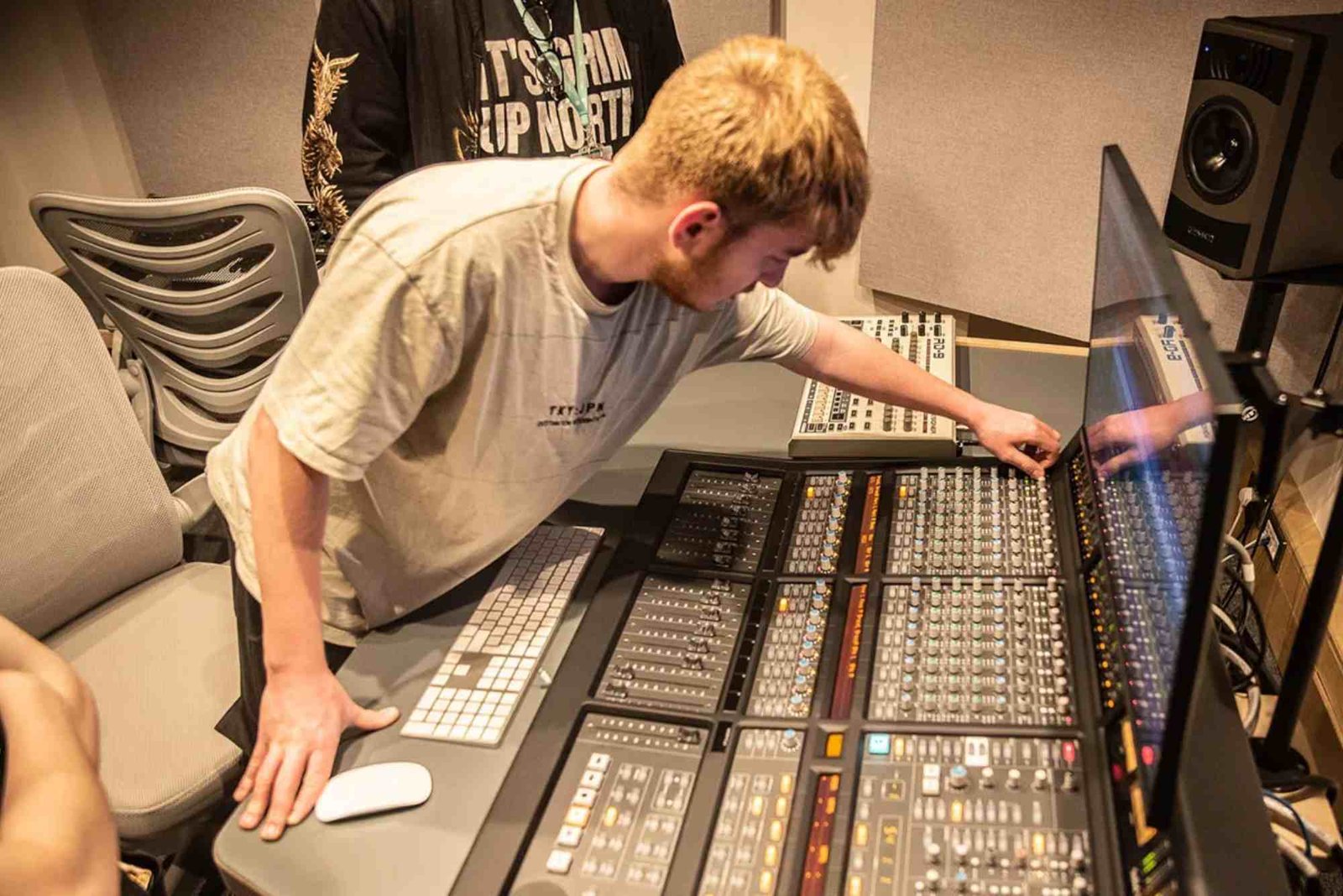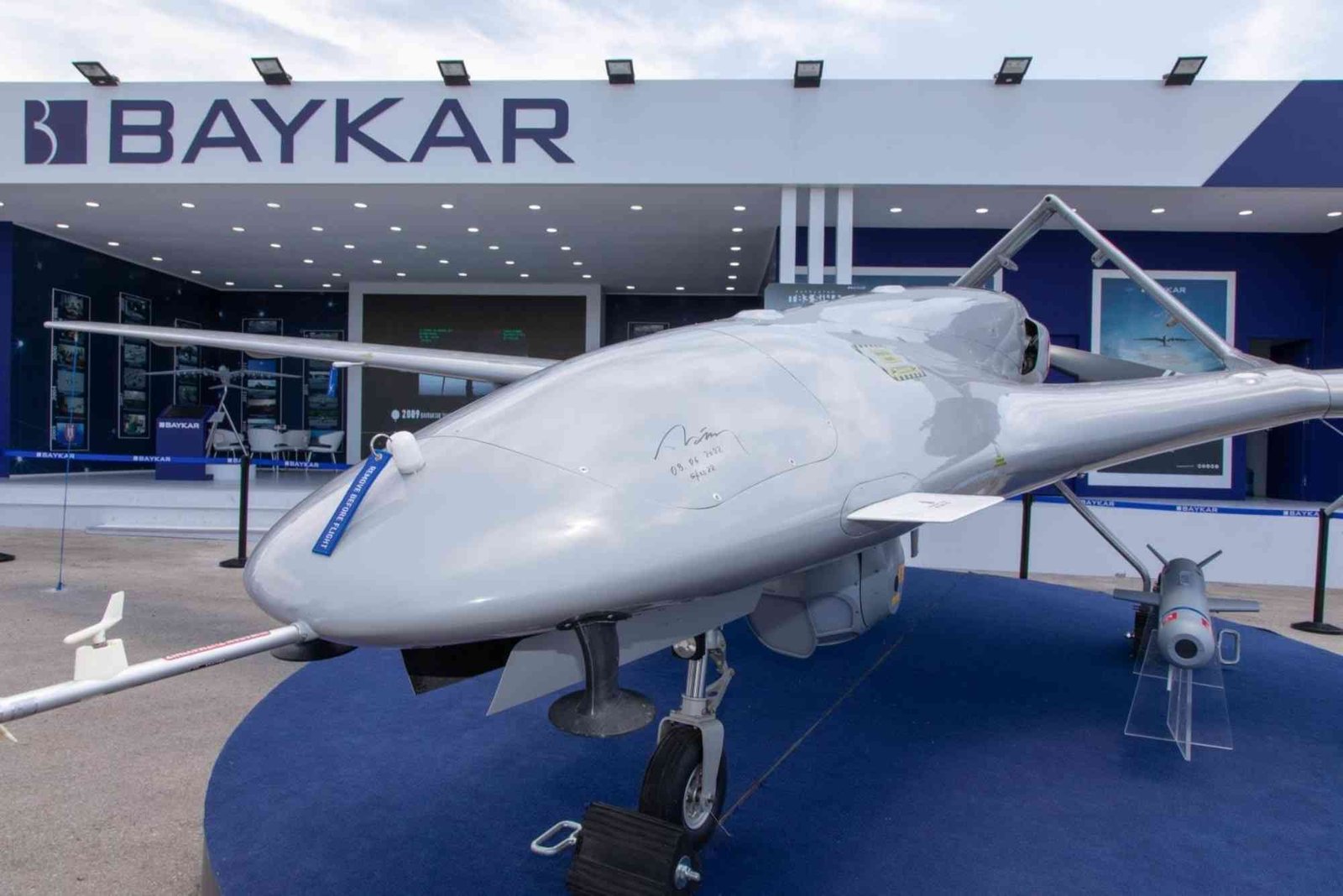Introduction
Building a career in live sound engineering in India has become an exciting path for many young professionals. As the entertainment industry grows, the demand for skilled sound engineers has increased. This field blends creativity, technology, and real-time problem-solving, making it ideal for those who enjoy hands-on work. A Live Sound Engineering Career In India appeals to people who want to work with music, concerts, corporate events, and broadcasting. Since the live events sector continues to expand, sound engineers now have more opportunities than ever.
Understanding the Role of the Live Sound Engineer
A career in live sound engineering in India requires a deep understanding of equipment, acoustics, and event management. The sound engineer ensures the audience hears clear, balanced audio during a performance. This work includes equipment setup, sound checks, troubleshooting, and coordination with performers. Because events rely on perfect timing, engineers must react quickly to avoid errors. This dynamic environment makes the profession both demanding and rewarding.
Key Responsibilities and Real-World Tasks
A live sound engineer handles microphones, mixers, amplifiers, and speakers. They work closely with performers and event managers. During a show, they control audio levels and monitor quality. Backup plans are essential because technical issues can appear at any moment. Engineers must also understand venue acoustics so the sound remains consistent for both small halls and large stadiums. These responsibilities show why technical expertise and practical experience matter in this field.
Technical and Creative Skills You Must Develop
Building a career in live sound engineering in India requires a mix of technical and creative strengths. Engineers must understand digital consoles, audio routing, signal flow, and frequency control. At the same time, they need a creative ear to shape the sound. Soft skills also matter because engineers communicate with artists and event teams. Since every event is different, adaptability plays a crucial role. Consistent practice helps engineers refine their abilities and build confidence.
Education and Training Needed for a Strong Foundation
Formal education is helpful but not mandatory. Many professionals begin their journey through diploma courses or certification programs. Practical learning often matters more than theory. Therefore, hands-on training and internships are valuable. Some students join studios or event companies to gain real-world skills. Many training institutes in India now offer specialized sound engineering programs. These programs focus on both analog and digital systems.
Popular Courses and Certifications for Skill Building
Students can choose from certificate courses that teach console handling, audio mixing, and live stage setup. These courses often include practical sessions that simulate real events. Learning software tools like Pro Tools or Logic Pro adds extra value. Industry certifications help engineers stand out in a competitive market. Although talent matters, professional training builds a solid foundation. This combination increases job opportunities and long-term growth.
Why Practical Training Matters More Than Theory
Theory teaches you concepts, but practice teaches you survival in real events. Live shows rarely go exactly as planned. Feedback, delay issues, and equipment failures test the engineer’s skills. By working on real stages, students learn to manage pressure and solve problems quickly. Practical exposure also helps them understand the rhythm of the industry. This experience becomes essential when building a long-term career in live sound engineering in India.
Job Opportunities in the Indian Market
The Indian entertainment industry continues to grow. Concerts, weddings, corporate events, reality shows, and festivals create massive demand. Engineers can work as freelancers or full-time employees. The freelance market is strong because event companies and artists prefer hiring engineers per show. Cities such as Mumbai, Delhi, Bengaluru, Chennai, and Kolkata offer the most opportunities. Engineers can also work with rental companies, studios, and touring artists.
Expected Salary and Growth Potential
Freshers usually begin with smaller projects. As they gain experience, their earnings increase rapidly. Senior engineers handling concerts and tours can earn strong monthly incomes. Experience, reputation, and networking play major roles in salary growth. Engineers who specialize in digital consoles and advanced systems often earn more. The more events you handle, the stronger your resume becomes. The demand for skilled engineers ensures long-term career stability.
Networking and Real-World Exposure for Career Growth
This field values relationships. Meeting artists, event planners, and equipment companies helps engineers secure more projects. Many professionals grow their careers by working with the same artist or band over several years. Real-world exposure builds trust and strengthens your skill set. The more people know your work, the more opportunities you receive. Strong networking accelerates success in a career in live sound engineering in India.
Tools and Technologies You Must Master
Modern live sound engineering depends on advanced equipment. Digital consoles, wireless systems, in-ear monitors, and acoustic measurement tools are essential for today’s events. Understanding these technologies helps engineers adapt to different venues. Keeping up with updates and upgrades is part of the job. Engineers who master newer tools remain relevant and in demand.
Essential Equipment for Beginners
Beginners often start with analog consoles and wired microphones. As they progress, they learn digital boards such as Yamaha, Avid, and Midas. These consoles dominate live events in India. Basic knowledge of speakers, amplifiers, and stage monitors is valuable. As engineers gain experience, they explore advanced systems like line arrays and digital networking. This journey helps them handle bigger shows with better confidence.
Staying Updated in a Fast-Changing Industry
Technology evolves rapidly and engineers must stay updated. Training workshops and online courses help.
Industry expos also offer demonstrations of new consoles and equipment. Building a career in live sound engineering in India requires continuous learning. When engineers stay ahead of technology trends, they deliver better results and remain competitive.
Career Challenges and How to Overcome Them
Every profession has challenges, and live sound engineering is no different. Long hours are common during events. Heavy equipment handling requires physical strength. Travel can also be demanding. Technical errors can create pressure during live shows. However, engineers who prepare well handle these challenges with ease. Discipline, focus, and practice help reduce stress during events.
Techniques for Handling Pressure in Live Events
Preparation is the strongest defense. Engineers who check every cable and device before the event face fewer problems. Clear communication with artists ensures smooth performance transitions. Keeping spare equipment nearby reduces delay risks. Staying calm during unexpected issues is essential. These techniques help engineers remain reliable and professional.
Maintaining Work-Life Balance in a Fast-Paced Industry
Events often happen on weekends or late nights. To avoid burnout, engineers plan their schedules in advance. Rest and health care matter as much as practice. Many professionals divide their month between heavy shows and light projects. This balance helps them stay inspired and motivated. Long-term success requires both skills and stability.
Industry Trends Shaping the Future
India’s live event industry is growing with music festivals, cultural shows, and large weddings. Higher budgets allow event planners to invest in better sound systems. Hybrid events and streaming also require professional audio control. These trends create more opportunities for sound engineers. As demand increases, skilled professionals gain more control over their work and earnings.
The Influence of Modern Venues and Touring Culture
Modern venues have better acoustics and advanced audio infrastructure. Touring culture has also expanded in India. Artists now perform in multiple cities, requiring dedicated sound teams. This trend supports stable and high-income roles for engineers. Many professionals join touring groups full-time, ensuring consistent work.
Why This Career Remains Future-Proof
Sound is essential for every event. Technology may evolve, but human expertise remains critical. No automated tool can replace the sharp ear of a professional engineer. This ensures that a career in live sound engineering in India remains stable and in demand. Engineers who stay updated and adaptable enjoy long and successful careers.
Those interested in broader topics can explore A Live Sound Engineering Career In India through additional perspectives. You may also check a Related Automobile article for a different reading experience by visiting the provided link. For general entertainment insights, you can click Learn more and explore media ratings.
FAQs
What qualifications do you need to become a live sound engineer in India?
You do not need a degree, but training helps. Many professionals take diploma courses or certifications. Practical experience remains the most important factor.
How much does a live sound engineer earn in India?
Income varies with experience, event type, and city. Freshers earn modest amounts, while experienced engineers can earn strong monthly incomes, especially during peak season.
Is live sound engineering a good career in India?
Yes. The entertainment and events industry is expanding. Skilled engineers enjoy regular work, strong growth potential, and long-term stability.
How do I start a career in live sound engineering?
Begin with training, internships, and small events. With experience, you can work at concerts, festivals, studios, and corporate shows.
What skills are required for live sound engineers?
Engineers need technical knowledge, a creative ear, problem-solving skills, communication abilities, and adaptability.
Building a career in live sound engineering in India offers a dynamic and rewarding future. The industry supports talented professionals who combine creativity with technical mastery. With proper training, practical experience, and persistence, anyone passionate about audio can thrive. If you feel inspired to start your journey, explore training programs, connect with industry experts, and begin practicing today. Your path toward live sound engineering can begin the moment you decide to take the first step.




